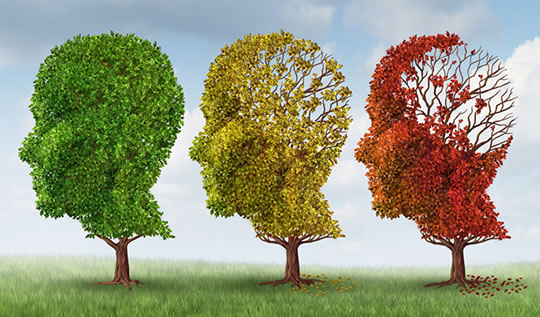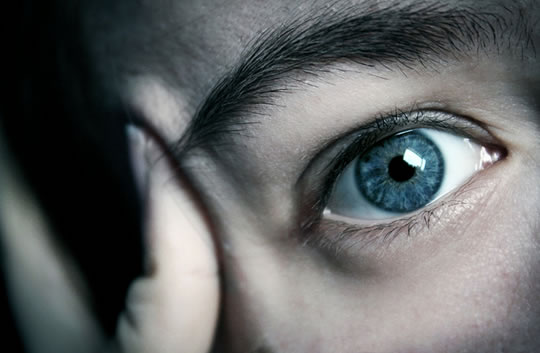A compound in these nuts and fruits has striking effect on memory, learning and depression.
Resveratrol, a compound which plants produce in response to injury, has shown striking abilities to boost memory and alleviate depression in new research.
Resveratrol is found in the skin of grapes, in berries and some peanuts.
Resveratrol has already shown promise for protecting against heart disease, but this is the first time its effects on memory have been tested.
The study, published in the journal Scientific Reports, found that resveratrol did better than just slowing the age-related decline of memory in rats, it actually improved it (Kodali et al., 2015).
Professor Ashok K. Shetty, who led the study, said:
“The results of the study were striking.
They indicated that for the control rats who did not receive resveratrol, spatial learning ability was largely maintained but ability to make new spatial memories significantly declined between 22 and 25 months.
By contrast, both spatial learning and memory improved in the resveratrol-treated rats.”
Since both humans and animals, including rats, suffer memory loss with age, the study suggests resveratrol may be a useful treatment in humans.
Professor Shetty said:
“The study provides novel evidence that resveratrol treatment in late middle age can help improve memory and mood function in old age.”
The study found that in comparison with a control group of rats, those fed resveratrol had double the rate of neuronal growth.
There were also improvements in their blood vessels and less problems with inflammation in their hippocampus, the area of the brain vital to memory.
On top of this, the rats were also less depressed:
“The beneficial functional effects included improved ability for spatial learning, preserved proficiency for making new spatial memory, and alleviation of depressive-like behavior associated with aging.”
Brain aging image from Shutterstock









